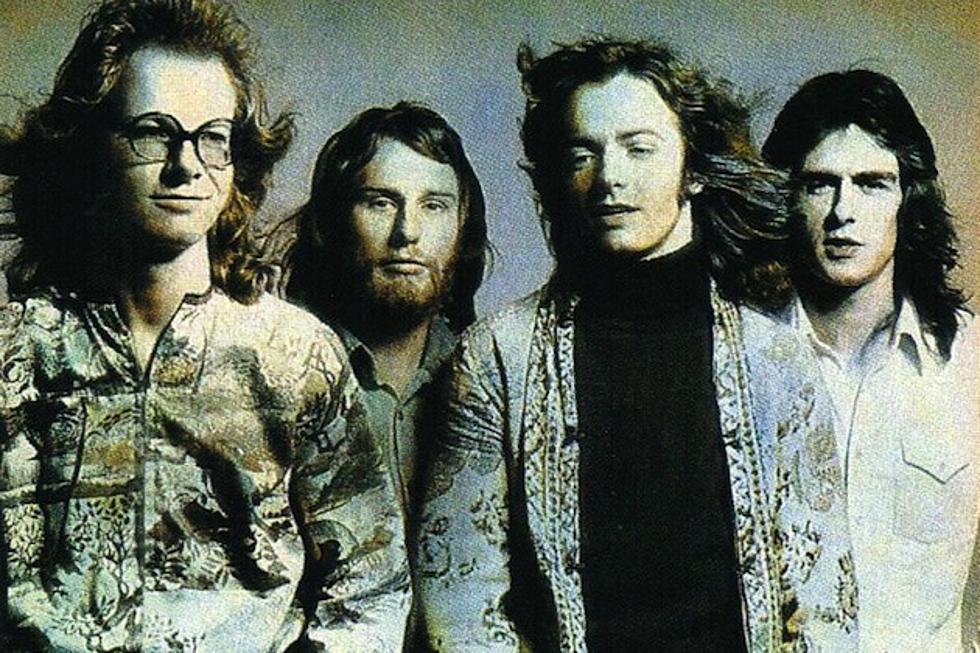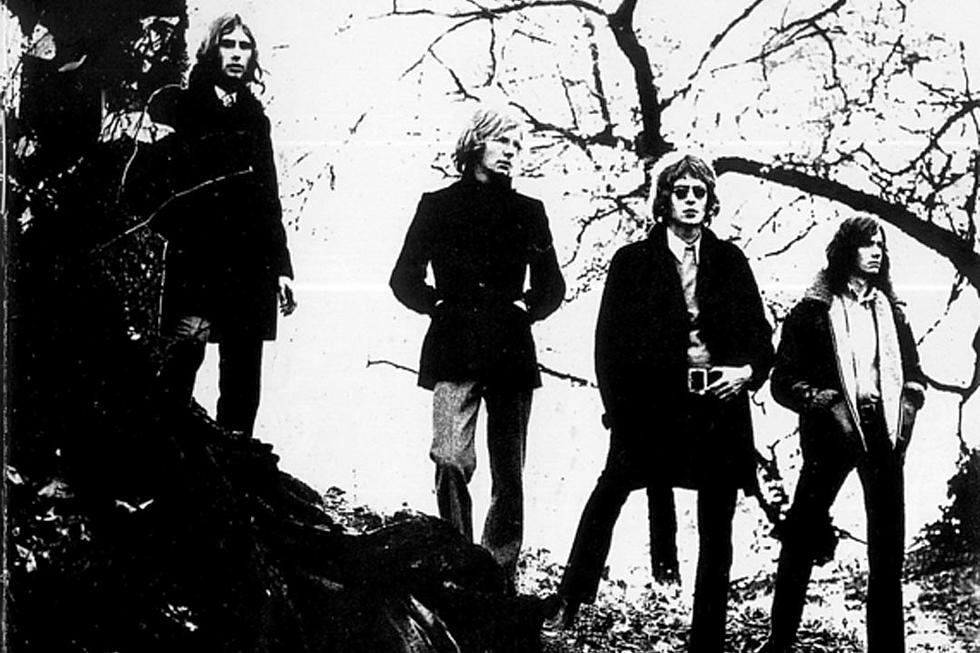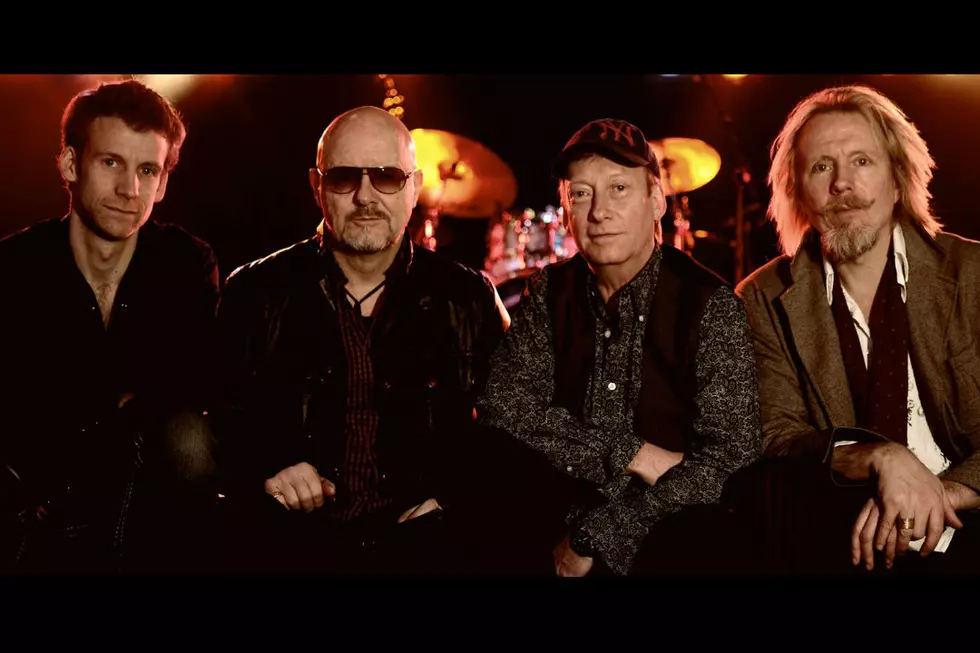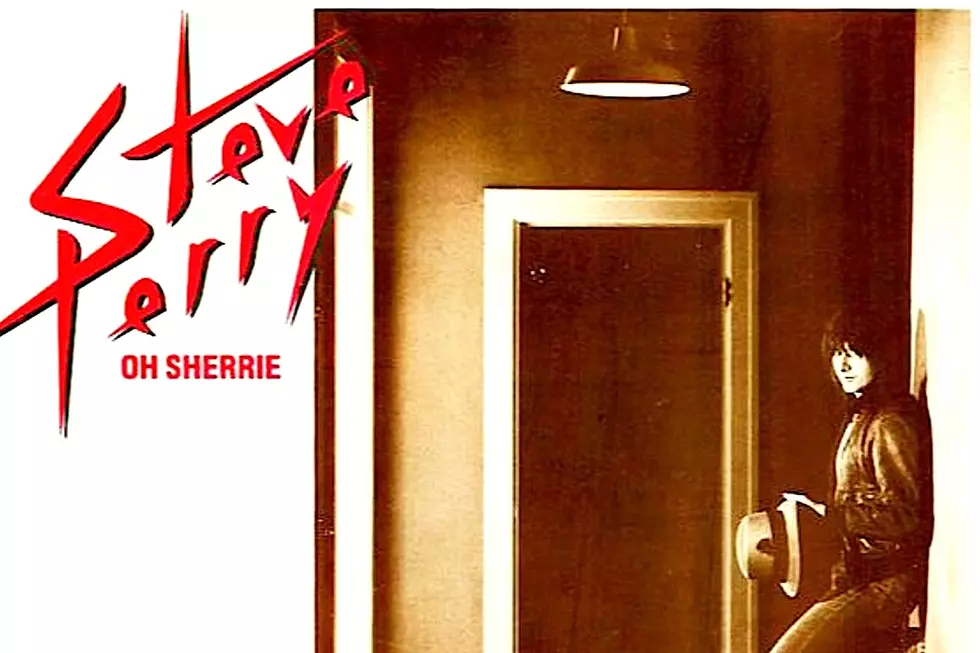
When Wishbone Ash Polarized Their Fans With ‘Wishbone Four’
Wishbone Ash’s steadily accelerating career momentum took a turn for the worse on May 11, 1973 with the release of the fan-and-critic-polarizing Wishbone Four.
Perhaps most perplexing about this turn of events was the fact that every Wishbone Ash LP to date had been fueled by daring experimentalism and constant evolution. One would have expected listeners to be more open-minded – or at least a little lenient – with Wishbone Four’s next chapter in this tradition.
The previous year’s career standout, Argus, had seen something of a culmination of the band’s adventurous blend of progressive pastoral whimsy with twin-guitar dexterity. But Wishbone Four's increasing shift towards acoustic folk and incremental eclecticism doesn’t feel that radical with so many years' distance to objectively judge it.
The first single, "No Easy Road," was a stretch, with its surprising horn section and R&B back-up singers seemingly borrowed from Humble Pie, and the eight-minute "Everybody Needs a Friend" distinctly lacked the improvisational feel of Argus and Pilgrimage, before it. But album opener "So Many Things to Say" and Side Two’s "Doctor" maintained much of the aggressive thrust often found on previous albums, minus those trademark harmonies.
Listen to Wishbone Ash Perform 'So Many Things to Say'
Actually, the problems may have derived from the LP’s remaining songs: "Ballad of the Beacon," "Sorrel," "Sing Out the Song" and, to a lesser degree, "Rock ‘n’ Roll Widow" – all of which were pleasant but, on the whole, uninspired. In fact, though they, in many ways, reprised the laid-back vibes all-too common to earlier Wishbone efforts, these songs admittedly lacked the evocative wordplay and widescreen panoramas of what had come before.
So too, has Wishbone Four, for all its quality next to other, lesser bands, come to be overshadowed by its distinguished predecessors in the stakes of classic rock history: a victim of sonic evolution, as we’ve seen in retrospect, fallen prey to the band’s diminishing audacity, rather than a result of fickle fan behavior.
Top 100 '70s Rock Albums
See John Wetton Among Rock’s Forgotten Supergroups
More From Ultimate Classic Rock









